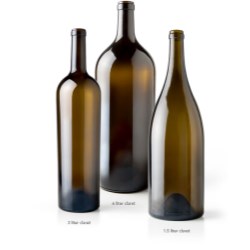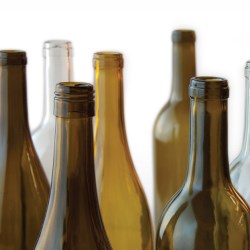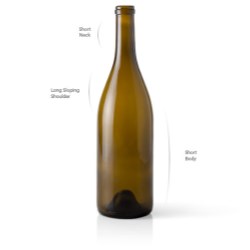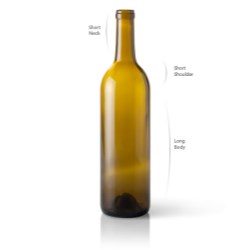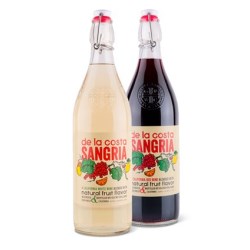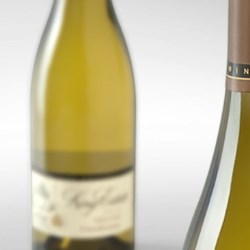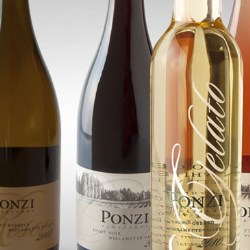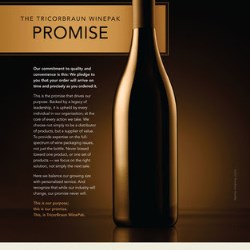If this is your company, CONTACT US to activate Packbase™ software to build your portal.


The beauty of doing things differently
From the time their founders first put a spade in the ground, Ponzi Vineyards has been deeply committed to respectful stewardship of the land, the vineyards and the art of winemaking. As a result, the Ponzi family has been innovating and leading the way for over four decades in the thriving wine industry of Oregon’s Willamette Valley.
From the introduction of new varietals in the early years to the co-founding of a program that offers healthcare to seasonal workers to the opening of a groundbreaking, state-of-the-art, sustainable winemaking facility, the guiding force has always been a commitment to maintaining and improving the health of their vineyards, the vineyard workers and the environment.
The balance of innovation and tradition
As a part of their commitment to sustainability, it was a natural next step for Ponzi Vineyards to make the switch to a low environmental impact glass container for their wines. Unfortunately, when they began their search, they found that traditional glass producers simply didn’t have a high quality, “eco-friendly” option in their inventory.
But that all changed when they met TricorBraun Winepak rep Gillian Brennan because she not only introduced this forward-thinking vintner to a revolutionary new lightweight, environmentally responsible glass bottle, she also offered them responsible solutions for their closures, corrugated, printing, transportation needs and more. And just like that, a sustainable partnership was born.
“TricorBraun WinePak has been a great partner in helping us with our carbon footprint. With the new environmentally friendly glass, we save one truck for every seven making the trek to our warehouse in California, compared to what we were doing a year ago. Every little bit adds up!”
— Winemaker Luisa Ponzi
Capturing lightning in a bottle
As one of the first Oregon wineries to use ecoconscious glass, Ponzi was once again blazing their own trail. But because TricorBraun Winepak is also committed to environmentally sound packaging solutions, the winemaker was happy to have found a partner who was also looking to do the right thing for the right reasons. So while they were initially simply looking for a more responsible bottle, they soon found that the path to doing good was paved with unexpected benefits.
One was that the eco bottle they sourced through TricorBraun Winepak was produced on the west coast using 75% post-consumer recyclable glass which meant that the environmental impact of manufacturing and delivery of the bottles was significantly reduced. Another benefit? Because the new bottles weighed so much less, the 12 bottle case was also much lighter so workers could move them around with less effort, more cases could be added to each shipment and transportation costs were reduced.
Finding a Better Way
Ponzi Vineyards never stops looking for ways to do what’s right and, happily, neither does TricorBraun. To make their packaging even more environmentally sound, Gillian helped them source a 100% recyclable aluminum Stelvin screw cap – another first for an Oregon winery! – and introduced cost savings by finding a more eco-conscious carton with a vendor whose manufacturing facility is near the plant that produces the eco-glass, saving on transportation costs and emissions.
A bonus was that the new corrugated vendor was also able to provide comparable printing quality to their old carton and an all recyclable corrugated insert that eliminated the non-renewable chipboard insert in their previous packaging. Finally, Gillian helped to source a new, local, reliable transportation company that not only understood the goals of this winery but who saved them money on their transportation costs.
Environmentally Responsible. Worker Friendly. Regionally Supportive.
While Ponzi Vineyards first used the new container to bottle their legendary Pinot Gris, TricorBraun Winepak now provides more than 90% of the glass used by Ponzi Vineyards and is proud to support their ongoing sustainability efforts. And with over 400 Oregon wineries producing nearly 2 million cases of wine annually, this is a case of trail-blazing that could make a huge difference for everyone.








